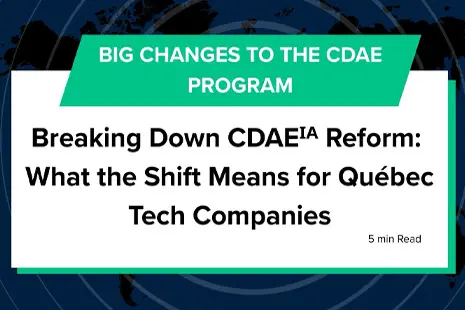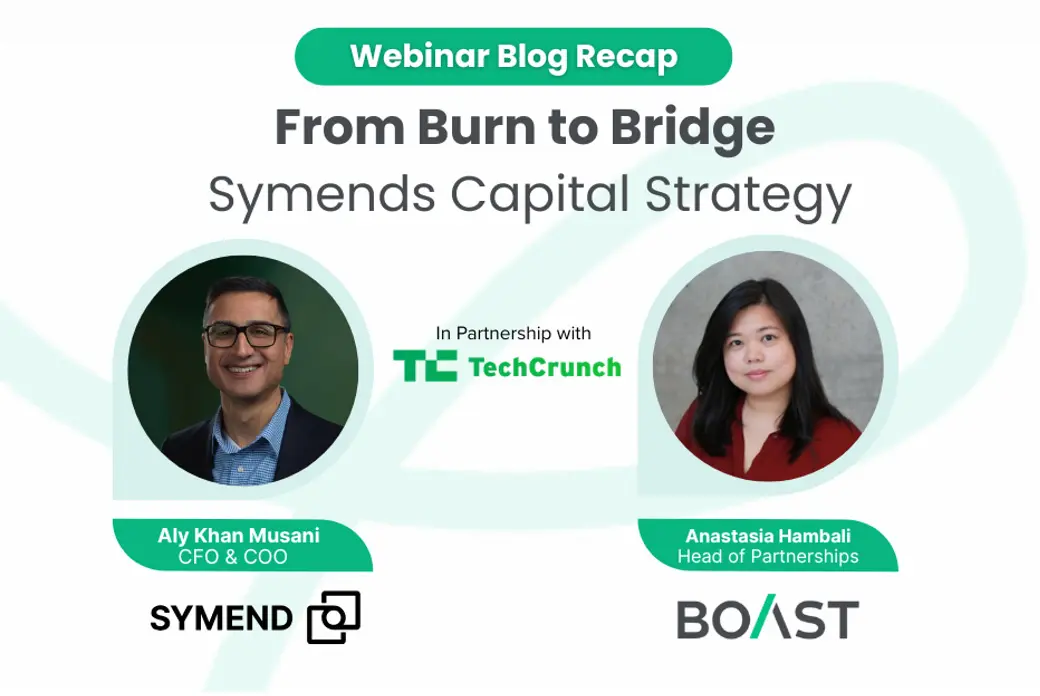After witnessing some of the lowest levels of VC investment of the pandemic era during Q1 2023, tech startups in the Toronto and British Columbia regions saw venture funding totals make a huge rebound in Q2.
In total, investments in Toronto’s tech startup sector topped $1 billion in Q2, jumping more than 733 percent from Q1 when investments dropped to a three-year-low of $120 million, according to briefed.in data. Year-over-year, this marks a 71 percent jump for investments into the Toronto tech ecosystem.
In a similar trajectory, the BC tech ecosystem enjoyed a 573 percent jump in investment dollars over Q1 with $639.6 million invested into local startups during Q2. This is a 213 percent increase year-over-year for BC, but still short of the $1.2 billion in investments the region enjoyed back in Q2 2021.
Funding jumps, but deal numbers stagnate
While the surge in venture funding is objectively good news for startups in Toronto and BC, there’s (of course) more to the numbers than the totals.
Over in Toronto, for instance, while VC investment dollar totals are back to pre-2022 levels (ie. over $1 billion), this was spread across only 33 deals in Q2 2023 versus 45 in Q2 2022 (across $585.7 million) and 75 in Q2 2021 ($1.15 billion).
It’s a similar story in BC, where fewer startups in total are enjoying a greater share of investments. For Q2 2023, only 16 deals make up the $636.6 million in investments compared to 21 in Q2 2022 (sharing $204.3 million) and 37 in 2021 (among $1.2 billion in investments).
In both regions, “megadeals” have seemed to skew the numbers for the quarter. In this scenario, a handful of investments that creep over $100 million have gone to later-stage startups, including Cohere’s $360.3 million Series C funding round, which accounted for almost a third of Toronto’s total investments for Q2.
This ultimately points to fewer early-stage VC investments happening within both localities over the past quarter. But with factors such as seasonality (ie. summer breaks) along with local, national and federal politics making headlines, there are many factors ultimately at play.
Shaking up the Canadian cabinet
The news regarding renewed VC interest into two of Canada’s leading economic hubs comes alongside headlines out of Ottawa where Prime Minister Justin Trudeau overhauled his cabinet.
The “shuffle” included the reassignment of 23 ministers, while seven new ministers were introduced, with four of those seven filling vacancies left by former ministers who announced their exits earlier in the month. While this drastically reshapes Trudeau’s cabinet ahead of an expected reelection bid in October of 2025, it isn’t immediately clear what (if any) impact the changes will have on funding programs currently offered at the federal level by the Canadian government.
Rather, new leadership in defense, justice, immigration, procurement, health and transport will have larger reverberations across the national economy that will inevitably impact the startup community.
Still up in the air is what’s next for the new crown agencies announced before and during Budget 2023; specifically, the Canadian Innovation Corporation (CIC) and how it will support innovative startups and distribute funding. This includes the banner Industrial Research Assistance Program (IRAP), which the CIC will eventually absorb from the National Research Council (NRC).
As early-stage VC remains scarce, alternative funding abounds
While both government maneuvering and megadeals have arguably pumped the brakes on many early-stage startup deals of late, there’s still plenty of opportunity for founders across Canada to tap into non-dilutive funding.
With Quickfund from Boast AI, for instance, founders can estimate the value of their year-end SR&ED tax credit actively throughout the year, and gain early access to a portion of their tax credit whenever they need it. This offers founders a non-dilutive funding option that can extend their runway when times are tough, or help them double down on innovation and reinvest in critical R&D.
Boast AI takes a white glove approach to our partnership with innovative founders to help ensure they are reaping all the possible federal funding and credits they qualify for without exhausting their resources.
To learn more about how teams can start working to maximize their returns, check out our #InnovatorsLive conversation with VP of Customer Delivery Matt Funk.


